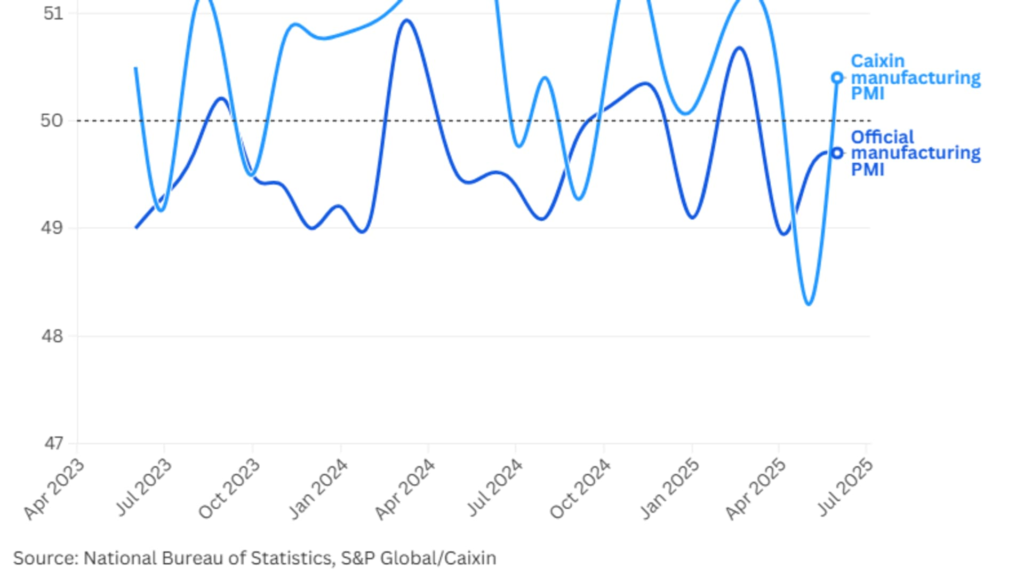Cyber groups tied to Beijing—like APT27 and APT31—are believed to be behind these stealthy operations, using phishing emails and malware to infiltrate sensitive Russian networks.
Why are China hackers targeting Russia amid growing friendship?
Despite a publicly strong relationship between China and Russia, cybersecurity experts say China hackers have been quietly breaching Russian systems since May 2022 — just months after Russia launched its full-scale invasion of Ukraine. These hacking attempts have continued steadily, with Chinese-linked groups digging into Russia’s defense and military data.
According to cybersecurity researchers from TeamT5, one group named Sanyo impersonated a Russian engineering firm’s email to seek data on nuclear submarines. The intention behind these cyber intrusions appears to be collecting information about Russia’s battlefield operations, modern warfare tactics, and Western weapon technologies seen in Ukraine.
Che Chang, a TeamT5 researcher, stated, “China likely seeks to gather intelligence on Russia’s military operations, defense progress, and geopolitical strategies.” This information could help China boost its own military readiness for future conflicts — particularly in regions like Taiwan, which remains a hotbed of geopolitical tension.

Live Events
What exactly did China’s hackers target in Russia?
According to cybersecurity researchers at SentinelLabs and Recorded Future, Chinese Advanced Persistent Threat (APT) groups, including APT27 (Emissary Panda) and APT31 (Zirconium), have been aggressively targeting:
- Russian military contractors
- Government departments involved in defense R&D
- Email servers and document archives linked to Ukraine war planning
The hackers reportedly used spear-phishing campaigns, spoofing Russian Ministry of Health notices to plant malware into classified internal systems. One malware strain, called PlugX, known for remote access and data exfiltration, was flagged in these Russian environments—previously used by China in espionage campaigns across Southeast Asia and the Middle East.
What kind of information are Chinese hackers after in Russia?
The China hackers targeting Russia campaign has been aimed at extracting sensitive military intelligence, especially battlefield-tested insights. Russian defense firms, including Rostec, were among the major targets. Cyber experts from Palo Alto Networks revealed that Chinese hacking groups have sought data on radar systems, satellite communications, drone warfare, and electronic warfare technology.
Another method used by these hackers involved Microsoft Word-based malware files, which exploited software vulnerabilities to breach aviation and defense sectors. One particularly dangerous tool spotted in these attacks was Deed RAT, malware considered “proprietary” among Chinese state-sponsored groups. According to Russian cybersecurity firm Positive Technologies, this malware has been used to attack Russian aerospace, security, and military sectors.
Though Russian authorities have not officially acknowledged these attacks, a leaked classified document from Russia’s FSB — the domestic security agency — described China as an “enemy,” confirming internal concerns about Chinese espionage.
While China and Russia continue to cooperate publicly, including military drills and joint diplomatic efforts, cyber experts say Beijing has long pursued a “friend-but-watcher” strategy. This means China often spies on both allies and adversaries to:
- Gauge battlefield conditions in Ukraine
- Evaluate Russia’s military capabilities and vulnerabilities
- Shape its own geopolitical strategies, including Taiwan preparations
According to Recorded Future, China increased cyber-espionage targeting Russia by 87% since early 2023, focusing particularly on regions near Ukraine and Crimea.
Who are the major Chinese hacking groups involved?
Several well-known Chinese hacking groups have been identified by cybersecurity teams as being behind these operations. Mustang Panda, one of China’s most active state-backed cyber espionage groups, expanded its activities after the war in Ukraine began. TeamT5 and Sophos researchers found that Mustang Panda targeted Russian government agencies and military officials — particularly near the China-Russia Siberian border.
According to Rafe Pilling from Sophos, the group’s operations often follow China’s political or economic interests. “Wherever China invests — whether West Africa, Southeast Asia, or Russia — Mustang Panda follows with targeted hacking,” said Pilling. He and U.S. intelligence sources believe Mustang Panda operates under the Chinese Ministry of State Security.
The group even drew attention from American law enforcement. In January, the U.S. Justice Department indicted individuals tied to Mustang Panda for infecting thousands of systems worldwide, including government networks and devices used by Chinese dissidents.
Another Chinese hacking group, Slime19, has been consistently attacking Russia’s energy, government, and defense infrastructure, according to TeamT5’s Chang.
Has China broken its cybersecurity pact with Russia?
In 2009 and 2015, China and Russia publicly agreed not to hack each other’s systems. However, analysts have long viewed those agreements as symbolic, lacking enforcement or trust. The evidence emerging since Russia’s invasion of Ukraine proves that those deals hold little practical weight.
The FSB document accessed by The New York Times shows that Russian intelligence views China’s digital espionage as a serious threat. China, while outwardly cooperative with Russia in forums and bilateral trade, appears unwilling to rely on Moscow for open sharing of battlefield learnings. Instead, cyber intrusions have become the preferred route for collecting war data.
“The war in Ukraine shifted the priorities of both countries,” said Itay Cohen from Palo Alto Networks. “Even though the public narrative was one of close ties, in reality, espionage increased.”
How is Russia reacting to these cyber intrusions?
Thus far, the Kremlin has not officially condemned China, possibly to avoid diplomatic fallout. However, anonymous Russian cybersecurity sources have told investigative outlet iStories that internal firewalls have been tightened and communications protocols are under review.
The Federal Security Service (FSB) reportedly issued an internal memo warning of “unusual East Asian-origin threats” in mid-2024. Still, no public attribution has been made.
This silence may signal Russia’s reluctance to publicly challenge China at a time when it faces intense pressure from NATO and the West.
What does this mean for future China-Russia relations?
While China remains one of Russia’s most crucial trade partners — especially with the West largely isolating Moscow — the depth of China hackers targeting Russia reveals a fragile foundation beneath this alliance. The relationship, often described by Presidents Xi and Putin as a “no-limits” partnership, is evidently full of limits when it comes to trust.
China’s hunger for military intelligence, especially regarding real-time warfare experience, is pushing it to take bold steps. For China, Russia’s war offers a rare, real-world military case study that it can’t afford to ignore — especially with tensions rising in the Taiwan Strait.
Cyber intrusions are likely to continue, if not grow. As Russian officials stay silent and Chinese hackers grow more sophisticated, the digital battlefield between these two “allies” is already active — and evolving quickly.
FAQs:
Q1: Why are China hackers targeting Russia during the Ukraine war?
To secretly collect Russian military intelligence and battlefield data.
Q2: Who is Mustang Panda in the China hacking campaign?
Mustang Panda is a top Chinese state-backed hacking group targeting Russia.






![[News] China Rare Earth Group Reportedly Hit by Executive Resignations Amid U.S.-China Trade Tensions](https://koala-by.com/wp-content/uploads/2025/07/Rare-Earth-China-GRINM-Advanced-Materials-20250609-624x404.png)

